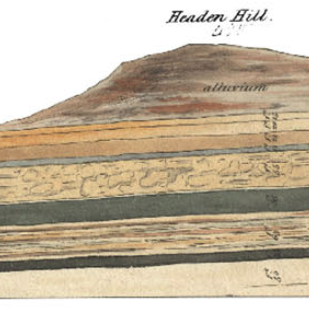Link to online paper: https://www.cambridge.org/core/product/identifier/S1473550409990255/type/journal_article
Abstract
Astrobiology’s goal of promoting interdisciplinary research is an attempt to reverse a trend that began two centuries ago with the formation of the first specialized scientific disciplines. We have examined this era of discipline formation in order to make a comparison with the situation today in astrobiology. Will astrobiology remain interdisciplinary or is it becoming yet another specialty ? As a case study, we have investigated effects on the scientific literature when a specialized community is formed by analyzing the citations within papers published during 1802–1856 in Philosophical Transactions of the Royal Society (Phil. Trans.), the most important ‘generalist ’ journal of its day, and Transactions of the Geological Society of London (Trans. Geol. Soc.), the first important disciplinary journal in the sciences. We find that these two journals rarely cited each other, and papers published in Trans. Geol. Soc. cited fewer interdisciplinary sources than did geology papers in Phil. Trans. After geology had become established as a successful specialized discipline, geologists returned to publishing papers in Phil. Trans., but they wrote in the new, highly specialized style developed in Trans. Geol. Soc. They had succeeded in not only creating a new scientific discipline, but also a new way of doing science with its own modes of research and communication.
